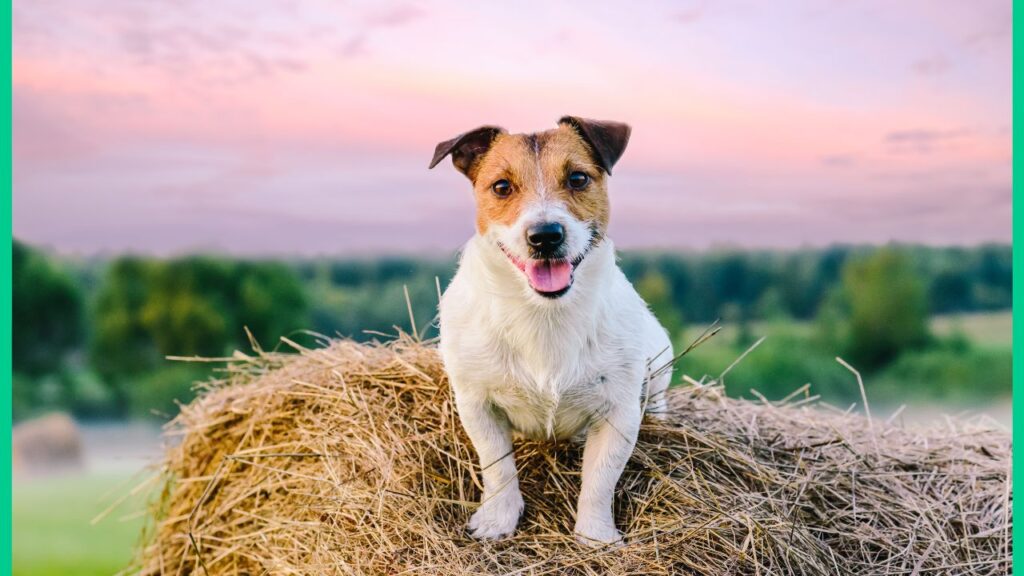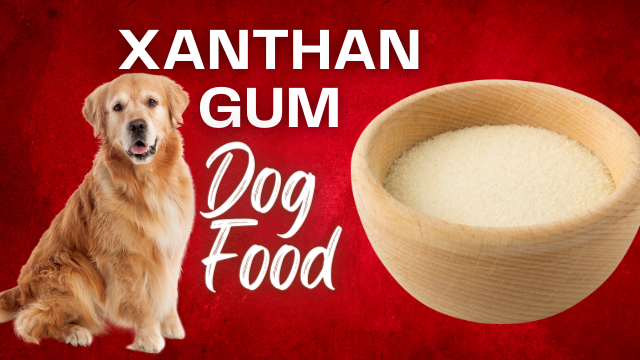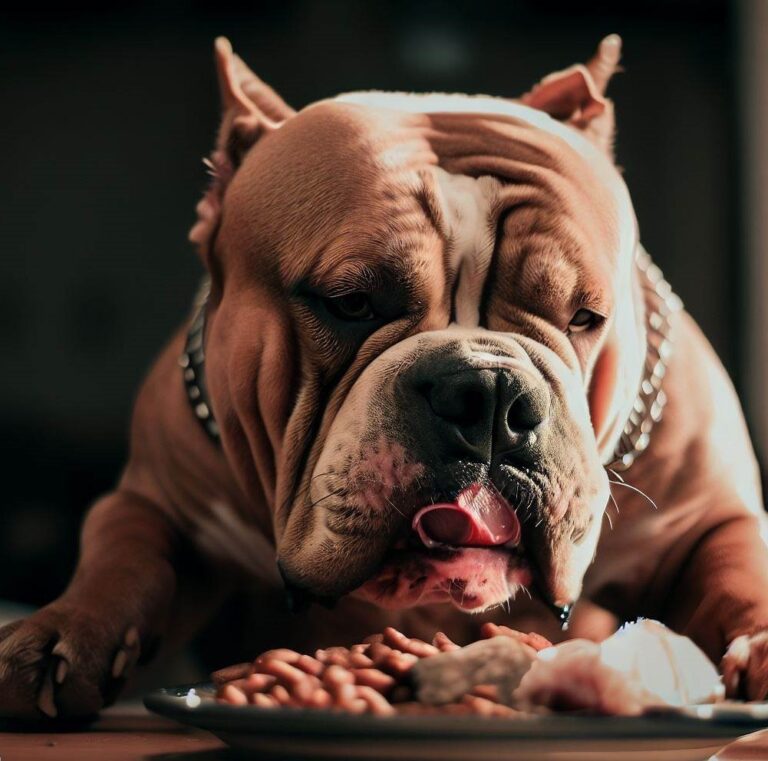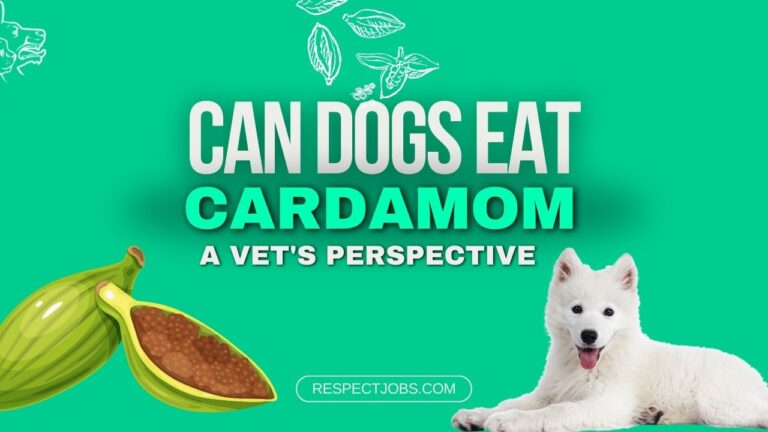Can Dogs Eat Hay? The Truth Behind this Common Question
Introduction to the Question: Can Dogs Eat Hay?
Have you ever wondered if your dog can munch on hay like a little herbivore? The question “Can Dogs Eat Hay?” sparks curiosity among pet owners looking to provide the best nutrition for their pups. Let’s delve into this intriguing topic and uncover the truth behind feeding dogs hay.
The Nutritional Value of Hay and its Importance for Herbivores
When it comes to herbivores, hay plays a crucial role in providing essential nutrients for their diet. Hay is rich in fiber, which aids in digestion and helps maintain proper gut health for animals like rabbits, guinea pigs, and horses. Additionally, hay contains vitamins and minerals that are necessary for overall well-being.
The nutritional value of hay goes beyond just filling up the stomach; it supports the herbivores’ dental health by promoting natural chewing behavior. The abrasive texture of hay helps wear down their teeth, preventing overgrowth and potential dental issues.
For herbivores like rabbits and guinea pigs, an unlimited supply of high-quality hay is recommended as it mimics their natural grazing behavior in the wild. Different types of hay such as timothy, alfalfa, or orchard grass, offer varying nutrient profiles to cater to specific dietary needs.
In essence, the importance of including hay in the diets of herbivores cannot be overstated—it serves as a foundation for meeting their nutritional requirements and maintaining optimal health.

Why Some Dog Owners Consider Feeding their Dogs Hay
For some dog owners, the idea of feeding their furry companions hay may seem unusual at first glance. However, there are a few reasons why some pet parents consider incorporating hay into their dogs’ diets.
One reason is the belief that hay can aid in digestion and help with gastrointestinal issues. Some dog owners believe that the roughage in hay can assist in moving food through their dogs’ digestive systems more efficiently.
Additionally, for dogs who enjoy chewing on grass or other plant materials, providing them with hay can satisfy this natural behavior. It can also serve as a source of mental stimulation and enrichment for bored pups.
Moreover, some owners may turn to feeding their dogs hay if they have limited access to fresh fruits and vegetables or if they want to add variety to their pets’ diet.
While it’s important to consult with a veterinarian before making any significant changes to your dog’s diet, exploring alternative options like feeding them small amounts of high-quality hay could potentially offer some benefits for certain pups.
Potential Dangers of Feeding Dogs Hay
While hay is a staple for herbivores like rabbits and guinea pigs, it can pose risks when fed to dogs. One of the primary concerns is that dogs lack the specialized digestive system needed to break down the tough fibers in hay efficiently. This can lead to gastrointestinal issues such as blockages or obstructions.
Another danger of feeding dogs hay is the potential for choking hazards, especially if they ingest large clumps or strands. Dogs may also be at risk of developing allergies to certain types of hay, which could result in skin irritation or digestive upset.
Moreover, some types of hay may contain molds, dust, or pesticides that are harmful to dogs if consumed regularly. These substances can cause respiratory problems or toxicity over time.
It’s essential for dog owners to consider these potential dangers before deciding to incorporate hay into their pet’s diet. Consulting with a veterinarian is crucial to ensuring your dog’s safety and well-being when introducing new foods like hay into their routine.
Alternatives to Hay for Dogs
When it comes to providing your dog with dietary fiber and enrichment, there are alternatives to hay that can be more suitable for our canine companions. One option is incorporating vegetables into their diet, such as carrots, green beans, or broccoli. These veggies not only provide fiber but also essential vitamins and minerals.
Another alternative is adding cooked grains like brown rice or quinoa to your dog’s meals. Grains can offer a good source of carbohydrates and fiber for digestion. Additionally, fruits like apples or berries can be a tasty way to introduce fiber into your dog’s diet while also providing natural sweetness.
Consider offering occasional treats like dehydrated sweet potato chews or pumpkin puree as healthy alternatives to hay that can still promote digestive health in dogs. It’s important to consult with your veterinarian before making any significant changes to your pet’s diet.
Expert Opinions on Feeding Dogs Hay
When it comes to the topic of feeding dogs hay, opinions among experts are divided. Some veterinarians and animal nutritionists caution against including hay in a dog’s diet, as dogs are primarily carnivores with different digestive systems than herbivores. They argue that while small amounts of hay might not harm a dog, it doesn’t provide any significant nutritional benefits either.
On the other hand, some holistic pet practitioners believe that incorporating small amounts of high-quality grass or alfalfa hay can be beneficial for dogs’ digestion and overall health. They suggest that dogs may instinctively seek out grass when they have an upset stomach or need to add more fiber to their diet.
Consulting with your veterinarian before introducing any new food into your dog’s diet is crucial. Each dog is unique, and what works for one may not work for another. It’s essential to consider your individual pet’s health needs and dietary requirements before making any changes to their regular meal plan.
Conclusion: The Final Verdict on Whether Dogs Can Eat Hay
When it comes to the question of whether dogs can eat hay, the answer is not as straightforward as you might think. While hay is a staple food for herbivores like rabbits and horses, it doesn’t hold the same nutritional value for dogs. Dogs are primarily carnivores and their digestive systems are not designed to efficiently process large amounts of fibrous plant material like hay.
Feeding your dog hay can potentially lead to gastrointestinal issues such as blockages or obstructions in their intestines. It may also cause discomfort and digestive upset, leading to symptoms like vomiting or diarrhea. As responsible pet owners, it’s crucial to prioritize your dog’s health and well-being by providing them with a balanced diet that meets their specific nutritional needs.
While small amounts of hay may not necessarily harm your dog, it’s best to err on the side of caution and avoid incorporating it into their regular diet. Opt for high-quality commercial dog food that is specifically formulated to meet all of your furry friend’s dietary requirements.
FAQS
Q: Can dogs eat hay as a regular part of their diet?
While dogs are not herbivores and do not require hay in their diet, small amounts are generally safe for them to consume. However, it is important to ensure that they have access to a well-balanced diet suitable for carnivorous animals.
Q: Are there any specific types of hay that are safer for dogs to eat?
Timothy hay is considered one of the safest options if you choose to offer your dog some hay. Other grass hays like orchard grass or meadow hay can also be given in moderation.
Q: What should I do if my dog accidentally eats a large amount of hay?
If your dog consumes a significant quantity of hay, monitor them closely for any signs of gastrointestinal distress such as vomiting or diarrhea. It’s best to consult with your veterinarian if you have any concerns about your dog’s health after ingesting unusual substances.
While it might seem harmless at first glance, feeding your dog hay should not be a regular practice. Dogs have specific dietary requirements that are best met through high-quality commercial pet food formulated for their needs. Always prioritize the health and well-being of your furry friend by sticking to proper canine nutrition guidelines recommended by experts in veterinary care.







